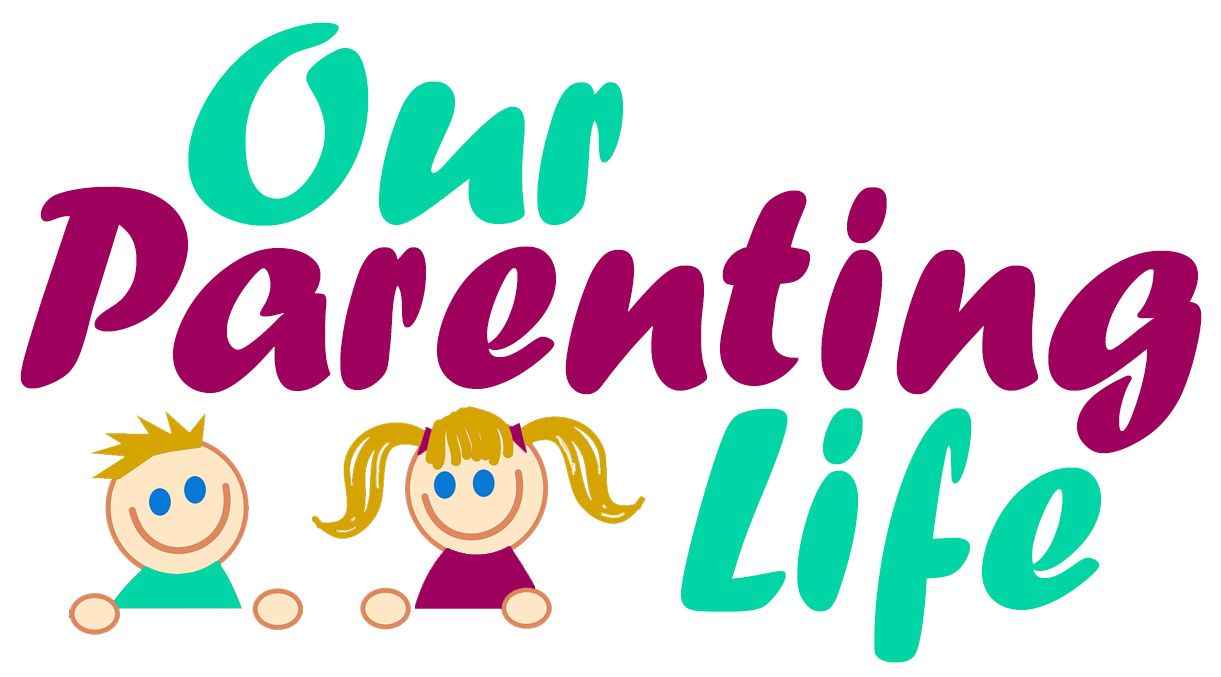
The coronavirus pandemic has shifted our lives drastically — and everyone is affected. This can be an especially challenging and confusing time for kids. At an age where you thrive off routine, security, and structure, everything is now unpredictable and unstable. It’s hard to grapple with the changing world around you when your foundation is cracking, too.
Right now, everyone is stressed and taxed emotionally — and parents are feeling this pressure from a lot of different sides. It’s easy to forget that your kids are watching and listening — and they’re taking cues from you. Not only do you need to talk to them about what’s happening, but you also have to model healthy ways to cope. Here are a few ways to try.
Answer Questions
Your kids will have questions. Some will be simple, like, “When will we go back to school?” Others will be more complex. Be sure to answer them as honestly as you can. Avoid outright lying whenever possible. If you don’t know something, say so. Then, go searching for the answer together. For example, TIME for Kids is giving out free digital subscriptions to share facts and information about COVID-19.
Ask Them Questions
If your child has become withdrawn or anxious, you might need to do a little gentle prodding to get them to open up. Try to not make them uncomfortable or feel forced to answer questions, but try a few gentle prompts at getting them to open up:
- Do you have anything on your mind?
- What are three words you’d use to describe how you’re feeling lately?
- Which of your friends are you missing the most?
Try to ask questions that seem parallel to changes you’ve noticed in their mood or behavior.
Give Perspective
Kids will benefit from understanding the context of a situation. In the case of COVID-19, they are directly impacted, but may not fully understand why. Explain that the virus infects many people, and some of them barely get sick or don’t get sick at all. In fact, most people recover just fine. But for some people, it is not as easy, and there are so many of these people that our hospitals won’t be able to help them all. To help the hospital workers and keep every safe, we are all going to take some time at home.
Manage Anxiety
If your child is becoming overwhelmed with fear, worry or anxiety, you need to create as calm and comforting of a home life as possible. Keep the news turned off. Avoid venting any of your own stress or frustration around them. If things don’t get better, reach out to a mental health professional for help. Many providers are offering telehealth options for people practicing social distancing, so you and your child can speak with them from home. Not being able to leave the house — much less see or play with friends — can lead to increased anxiety. Be sure to help them manage this anxiety by explaining that social distancing may be tough, but it keeps them safe.
Talking to your kids about coronavirus is going to be one of many hard, ongoing conversations you have with them. Many other tough topics, like death, still feel too abstract for many kids and teens to grasp. COVID-19 has altered their lives in unexpected ways. Be a source of support to them by establishing open communication with empathy and honesty.
